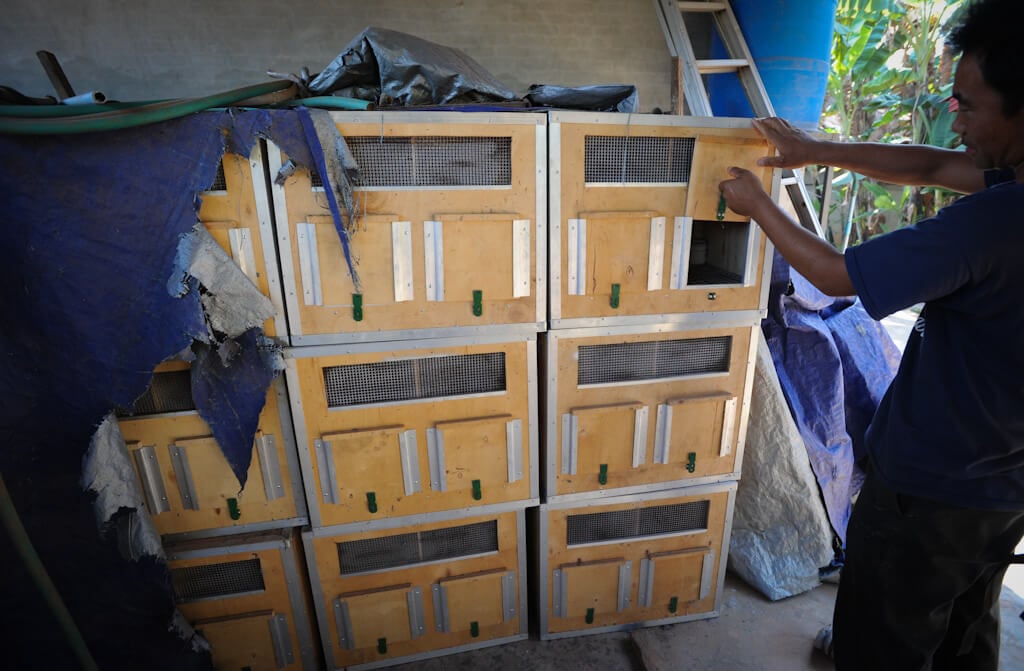What You Should Do After Watching National Geographic’s ‘The Hot Zone’
National Geographic’s new miniseries The Hot Zone is based on Richard Preston’s book The Hot Zone: A Terrifying True Story, which details 1989’s real-life Ebola-Reston crisis.
The facts behind The Hot Zone are what nightmares are made of—only the situation wasn’t a dream. It was real, it was terrifying, and it’s far from over.
Ebola in the U.S.
In 1989, dozens of macaque monkeys were shipped from the Philippines to a facility in Reston, Virginia, owned by Hazleton Laboratories (now known as Covance). They were intended to be sold to laboratories for experimentation—but they never made it that far. After arriving in Reston, many suddenly and inexplicably died.
Hazleton enlisted help from the U.S. Army Medical Research Institute of Infectious Diseases. No one was prepared for what the initial testing turned up: Ebola.
In addition to the dozens of monkeys who died, four workers at the facility were infected with what was a previously undiscovered strain of the virus, later dubbed Ebola-Reston. Hazleton had unwittingly introduced infected monkeys into the country and unleashed an Ebola outbreak in Reston—the first known case of Ebola on U.S. soil.
Spoiler alert: Experimenters killed the remaining macaques. For anyone interested in reading the book or watching the miniseries, we’ll keep a lid on the rest.
The U.S. Didn’t Learn Its Lesson
If the 1989 incident taught us anything, it’s that shipping monkeys and other animals from abroad to torment and ultimately kill them is dangerous—for everyone. But that hasn’t stopped animal-experimenting companies from continuing to engage in the practice. In 1996, for example, Ebola-Reston returned to the U.S. via—you guessed it—monkeys who had been shipped to Texas from the Philippines. Again, workers were affected.
For the sake of animals and public safety, this practice needs to end.
Even today, 30 years since the unprecedented Ebola outbreak in Virginia, this dreadful business is still being conducted. PETA has persuaded every major airline in the world—with the exception of Air France—to stop transporting primates to laboratories.
Just like those shipped from the Philippines in 1989 and 1996, the monkeys Air France transports today are either bred in captivity on squalid farms or snatched from the wild, torn away from their homes and families.

They’re then crammed into cramped wooden crates in cargo holds on passenger and cargo flights and forced to endure a dark and terrifying journey.

Once in the U.S., they’re transported to dealers such as Primate Products and to laboratories—including Covance, one of the largest importers of monkeys in the U.S.—where they’re imprisoned and tormented in experiments.
During an 11-month investigation at a Covance laboratory in Vienna, Virginia, a PETA investigator uncovered many horrors: For instance, workers struck, choked, and screamed obscenities at frightened and “uncooperative” monkeys. As a result of our investigation, the U.S. Department of Agriculture cited and fined Covance for serious violations of the Animal Welfare Act and the laboratory eventually shut down.
Urge Air France to Stop Supporting This Ethically Reprehensible Practice
The kindest thing you can do for these animals is to refuse to fly with Air France until the company adopts and adheres to a formal policy prohibiting the transport of monkeys to laboratories. Click below to urge the airline to stop shipping monkeys for use in labs:

